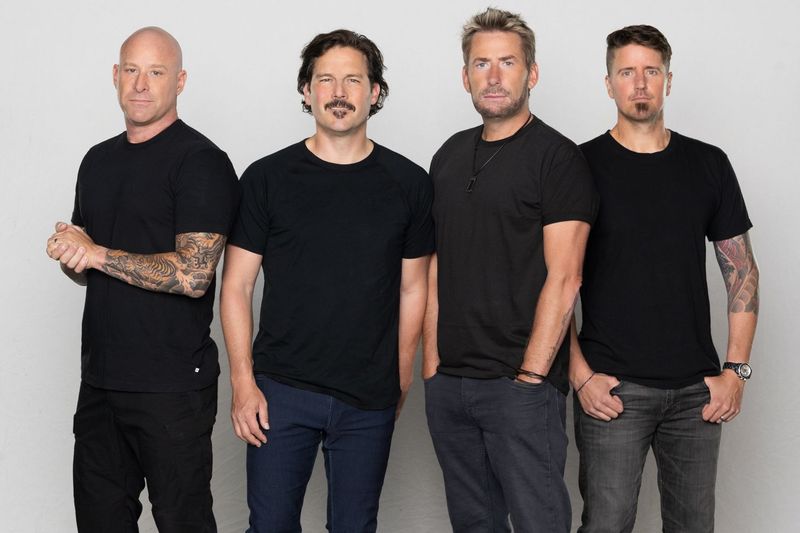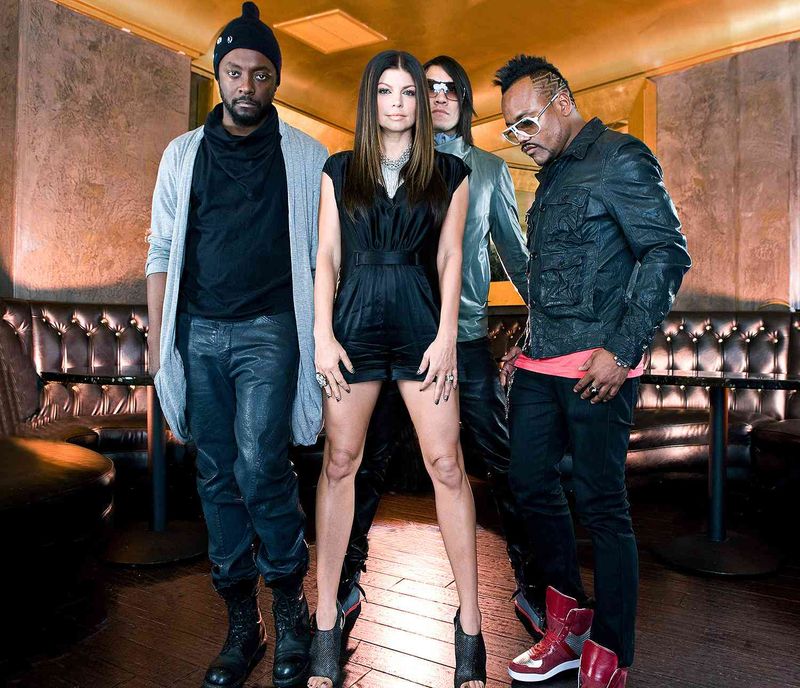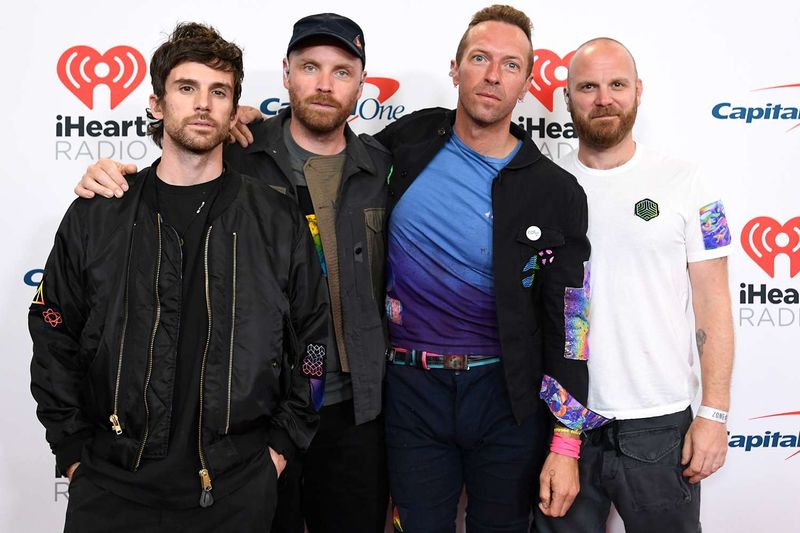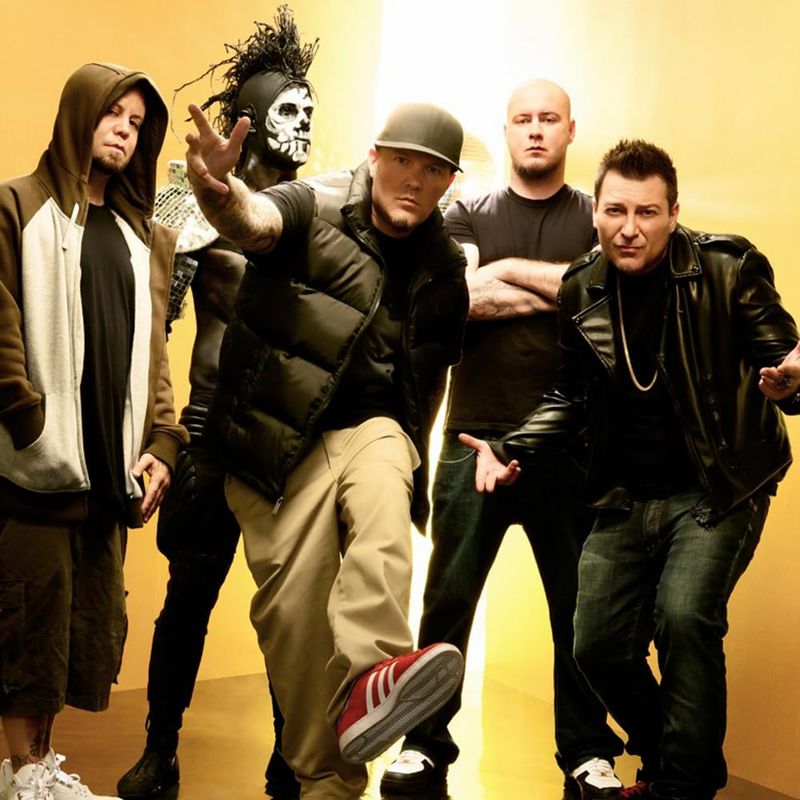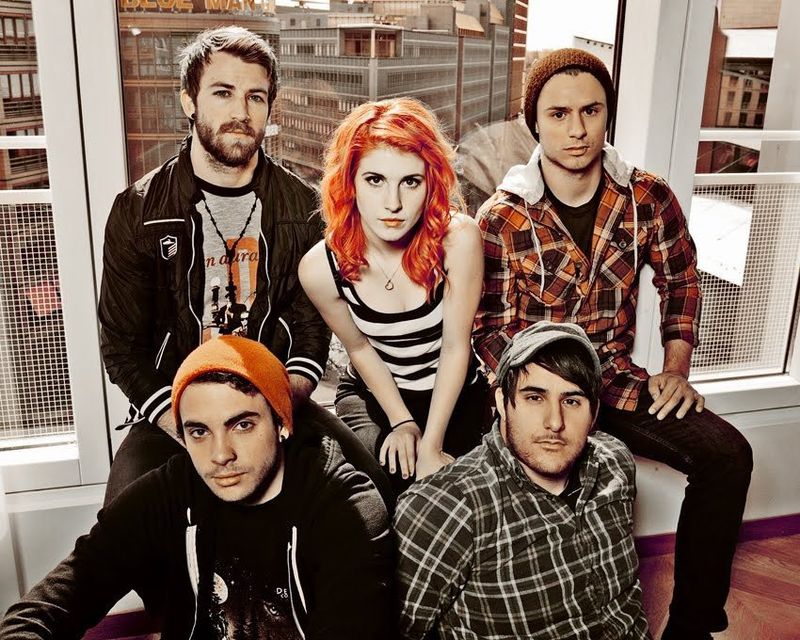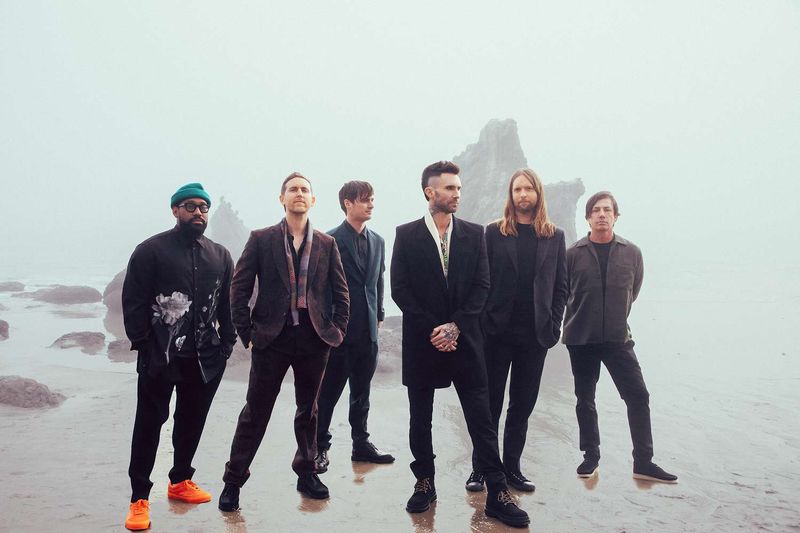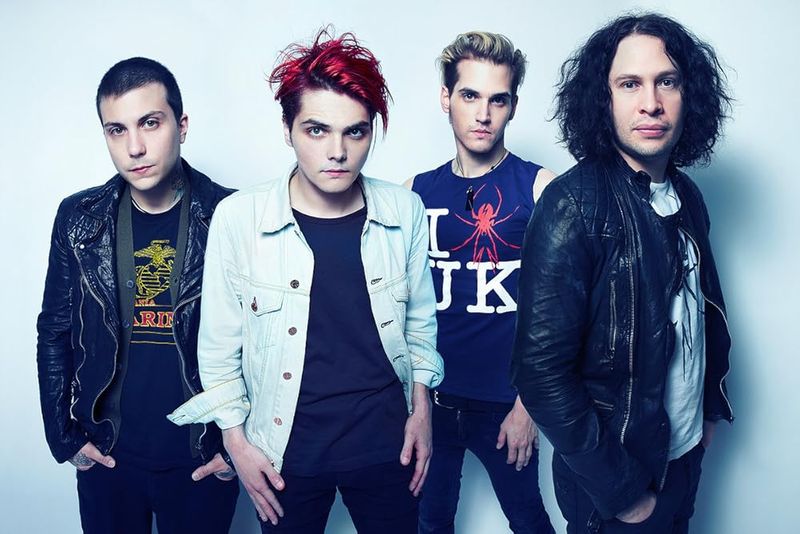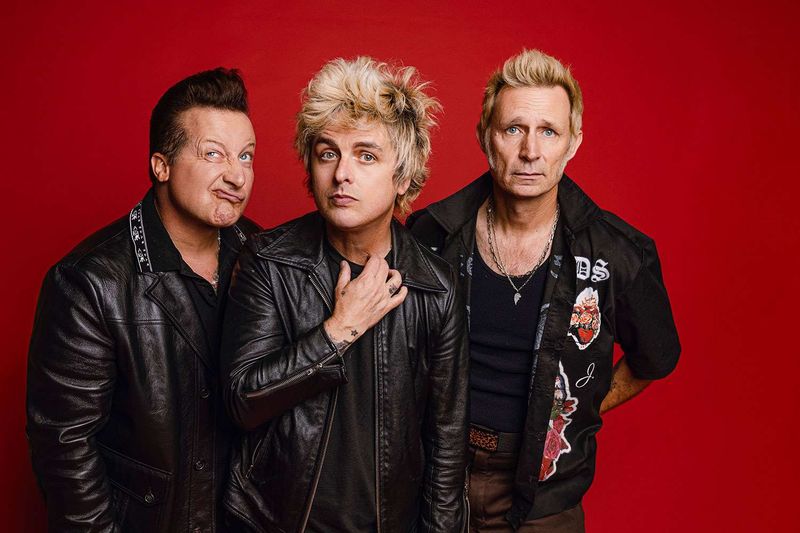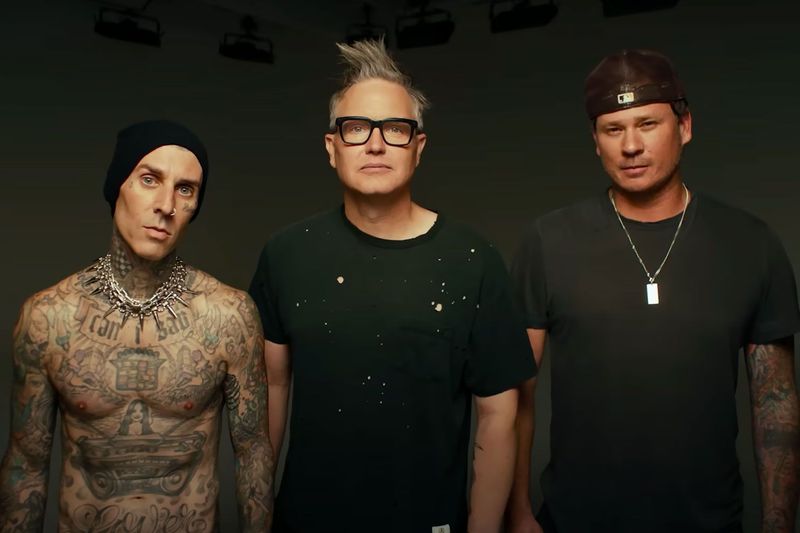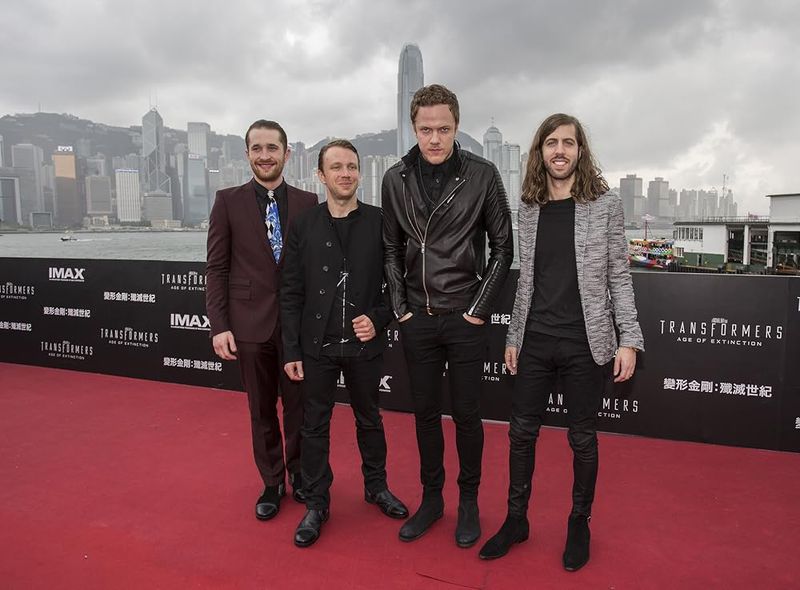Music critics and fans don’t always see eye to eye. Some bands get torn apart by reviewers but still pack arenas and top the charts year after year. These groups prove that connecting with listeners matters more than perfect scores from magazines.
1. Nickelback
Hating on this Canadian rock group became almost a sport online, with memes and jokes flooding social media. Yet somehow, their albums kept flying off shelves, racking up millions in sales worldwide.
Concert venues filled to capacity whenever they toured. Fans belted out every lyric without shame, proving that catchy hooks and relatable themes mattered more than critical approval.
Chad Kroeger and his bandmates turned mockery into motivation, continuing to release music that resonated with everyday listeners who just wanted solid rock anthems.
2. The Black Eyed Peas
Critics complained their shift toward electronic pop betrayed their hip-hop roots. Radio programmers didn’t care—they spun tracks like “I Gotta Feeling” nonstop, turning them into inescapable party anthems.
Festival stages worldwide welcomed them with open arms. Crowds danced and sang along, creating unforgettable moments that no negative review could diminish.
Will.i.am, Fergie, and the crew understood what got people moving. Their infectious beats and feel-good lyrics became soundtrack staples for celebrations everywhere, cementing their place in pop culture history despite the critical backlash.
3. Coldplay
Reviewers frequently labeled Chris Martin’s lyrics as too earnest and the melodies overly emotional. Fans disagreed completely, finding comfort and beauty in those very qualities that critics dismissed.
Stadium tours sold out within minutes across continents. The band’s atmospheric soundscapes and heartfelt messages created magical experiences that left audiences crying tears of joy.
Songs like “Fix You” and “Viva la Vida” became anthems for people navigating tough times.
4. Journey
Some reviewers dismissed their power ballads as cheesy and overblown during their heyday. Decades later, “Don’t Stop Believin'” remains one of the most recognizable songs ever recorded.
Steve Perry’s soaring voice and the band’s anthemic choruses created timeless classics. Karaoke bars, sporting events, and movies keep their music alive across generations.
New fans discover Journey constantly through TV shows and films. Their ability to craft universally appealing melodies silenced doubters, proving that emotional resonance outlasts trendy critical opinions every single time.
5. Limp Bizkit
Rock purists absolutely despised their aggressive blend of metal and rap. Fred Durst’s red cap and confrontational attitude made them lightning rods for criticism throughout the late nineties.
Yet Woodstock ’99 saw thousands moshing wildly to their sets. Nu-metal fans embraced the raw energy and rebellious spirit that traditional critics found distasteful.
Their cult following remains strong today, with nostalgia fueling renewed interest.
6. Paramore
Early reviewers questioned whether Hayley Williams and her bandmates could sustain a career beyond teenage emo trends. Fast forward years later, and their fanbase only grew stronger and more devoted.
Albums evolved from pop-punk roots to sophisticated alternative rock. Williams’ powerful vocals and honest songwriting about mental health resonated deeply with listeners facing similar struggles. Concert tickets vanished quickly whenever tour dates dropped.
Paramore’s authenticity and willingness to grow musically created lasting loyalty that skeptical critics never anticipated, proving staying power through genuine connection.
7. Maroon 5
Music journalists often complained that Maroon 5 abandoned their rock roots for calculated pop formulas. Streaming numbers told a different story—millions clicked play daily on their infectious singles.
Adam Levine’s falsetto and the band’s polished production created radio-friendly hits that dominated airwaves. Concert venues worldwide were filled with fans who simply enjoyed catchy, danceable tunes.
Songs like “Moves Like Jagger” became unavoidable cultural moments.
8. My Chemical Romance
Their theatrical emo style and dramatic concept albums made them easy targets for dismissive reviews. Gerard Way’s eyeliner and the band’s gothic aesthetic seemed over-the-top to many music journalists.
Fans saw something entirely different—artists unafraid to explore darkness, identity, and mental health through powerful storytelling. Albums like “The Black Parade” became life-changing experiences for countless teenagers.
Reunion tours sold out instantly after their breakup. My Chemical Romance created a safe space for outsiders, building a community that valued emotional honesty over cool detachment.
9. Green Day
Punk purists accused them of selling out when “Dookie” exploded into mainstream success. Underground scene veterans felt betrayed watching them dominate MTV and radio stations everywhere.
Billie Joe Armstrong and crew didn’t apologize for their catchy three-chord anthems. Fans loved their rebellious energy and relatable lyrics about suburban boredom and youthful frustration.
10. Blink-182
Their toilet humor and music videos featuring pranks made serious rock critics cringe. Mark, Tom, and Travis seemed more interested in making people laugh than earning critical respect.
Beneath the jokes lay surprisingly catchy punk-pop songs about growing up and relationships. Songs like “All the Small Things” became generational anthems.
Blink-182’s refusal to take themselves seriously created a fun, accessible entry point into punk music that resonated with millions worldwide.
11. Imagine Dragons
Critics constantly slam their polished, arena-ready production as soulless and calculated. Reviews describe their anthems as overproduced corporate rock designed by algorithms rather than genuine artistic expression.
Streaming platforms tell a completely different story. Millions listen to “Radioactive” and “Believer” daily, finding motivation and energy in their powerful choruses and driving beats.
Dan Reynolds and the band continue filling venues despite critical scorn. Their ability to craft massive, emotional soundscapes connects with everyday listeners seeking uplifting music, proving commercial success doesn’t require critical approval.

